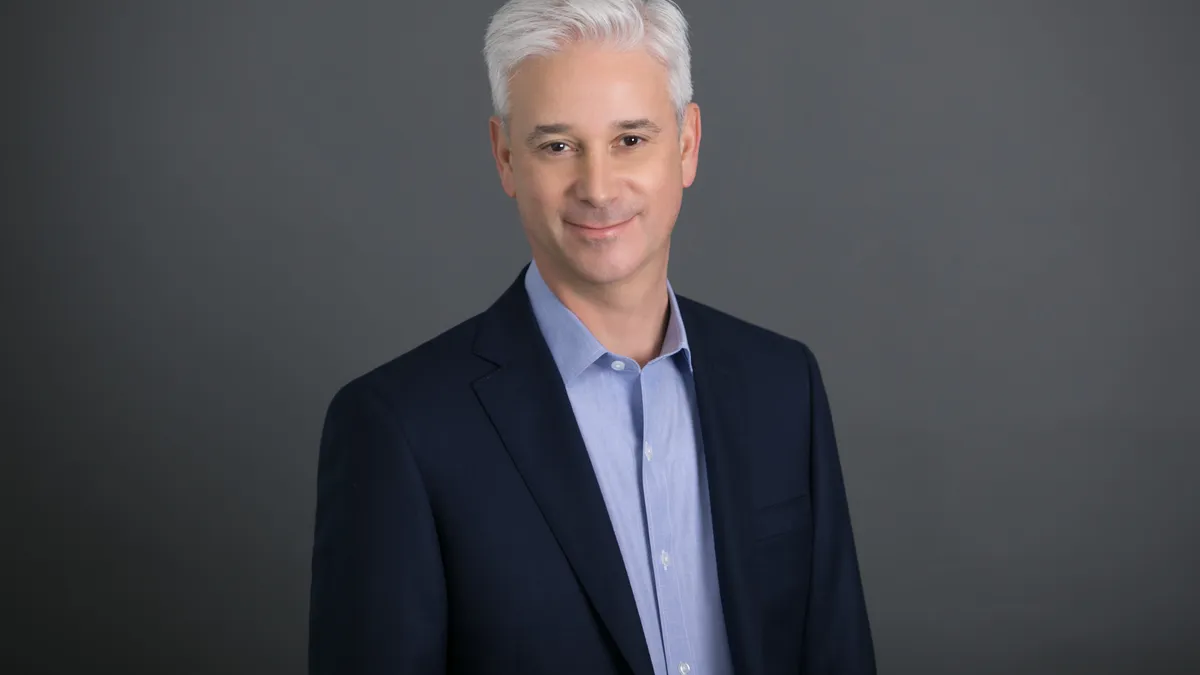Dive Brief:
-
About 57% of voting shareholders approved Wells Fargo’s executive pay plan for 2020 at the bank’s annual meeting Tuesday, a rate that could herald change to come.
-
By comparison, Wells’s compensation packages for 2019 received 92.5% approval. Tallies below 80% are relatively rare. Nine S&P 500 companies so far this year have received less than 80% approval from shareholders on executive pay plans, Reuters reported, citing data from Farient Advisors. That number was three last year.
-
The vote comes as shareholders at other banks have pitched efforts at reform. Proposals for a racial audit at Goldman Sachs fell short Thursday, garnering 29% approval. Citi shareholders made a similar proposal last week that received 38% approval. Another proposal that would force Goldman to publish a report on how mandatory arbitration affects its staff and workplace narrowly failed Thursday, with 49% backing.
Dive Insight:
The low enthusiasm could reflect shareholder dissatisfaction with any number of the bank’s policies or actions — or represent a lack of confidence in specific leaders.
"Obviously we value the feedback of our investors," Wells Fargo's board chairman, Charles Noski, said during the meeting, which was webcast. "We engaged in a very significant fashion with quite a number of our largest shareholders to get their perspective and understand as best we could what their concerns were. And we discussed the challenges we had in this extraordinary COVID-19 year."
Multiple sources cited tension over compensation as a factor in former Citi CEO Vikram Pandit’s abrupt resignation from the bank in 2012. His departure came six months after the bank’s compensation plan — which included $15 million for Pandit — garnered 45% shareholder approval. Other factors were thought to contribute, including the sale — at a loss — of the bank’s remaining retail brokerage business to Morgan Stanley.
About 71% of Goldman Sachs shareholders last year approved a compensation plan that gave CEO David Solomon a nearly 20% raise in his first full year in the top role. His compensation for 2020 dropped 36%, though much of that can be attributed to a penalty from the resolution of the bank’s long-running 1MDB scandal.
In Wells’ case, proxy adviser Institutional Shareholder Services recommended that investors reject what it saw as relatively high salaries, pay discretion given to its compensation committee and slighter reliance on performance-based stock awards.
Wells CEO Charlie Scharf’s pay saw a 12% decrease — to $20.3 million in 2020 from $23 million the previous year. But that 2019 figure — which received 92.5% approval — doesn’t take into account a "make-whole award" that temporarily made Scharf the highest-paid bank CEO in the U.S., according to S&P Global data.
In 2020, $13.5 million of Scharf’s compensation comes from long-term incentives, split evenly between performance shares and restricted share rights. That leaves a base salary of $2.5 million and a $4.4 million cash bonus — figures that, when combined, slightly eclipse JPMorgan Chase CEO Jamie Dimon, who is set to make $31.5 million for 2020, comprising a $1.5 million base salary, a $5 million cash bonus and $25 million in performance share units.
Deferred compensation makes up 66.5% of Scharf’s package. It comprised 67.4% in 2019, but none of that encompassed restricted share rights. If shareholders’ issue is strictly with lesser use of performance shares, then Scharf’s $6.75 million there makes up 33.2% of total compensation. Performance share units, by comparison, comprise 79.3% of Dimon’s 2020 package.
Other potential gripes that could have yielded relatively low approval among Wells shareholders include the bank’s dip in net income — to $3.3 billion in 2020, compared to $19.5 billion the previous year, according to American Banker. However, net income dropped across the banking sector as institutions socked away loan-loss reserves over COVID-19 uncertainty. And Wells Fargo’s stock saw a 62% total shareholder return in 2020 — roughly on par with Citi and JPMorgan, Reuters noted.
Another culprit could be shareholder impatience with the continued lack of a concrete timeline for an end to the $1.95 trillion asset cap the Federal Reserve imposed on the bank in 2018.
"This is a multiyear effort and there is still much to do, but I am confident we are making progress, though it is not always a straight line. We are steadfast in our commitment to do this work, which should ultimately satisfy our regulatory obligations," Scharf said during the bank’s latest quarterly earnings call this month.
The cap, as of last year, had cost the bank $220 billion in market value and at least $4 billion in missed profits, according to Bloomberg data.
Scharf has made satisfying regulators a priority during his tenure so far. The bank had 12 enforcement actions against it when he took the bank’s top role. It has 10 against it now. During his first earnings report, Scharf said it would take the bulk of 2020 to conduct reviews of the budget and broader business. To that end, the bank has launched efforts to trim personnel and offload non-core business units.
Scharf also instituted a policy tying top executives’ efforts to increase diversity at the bank into their year-end pay packages. The launch was not without controversy. When announcing an aim to double Black leadership at the bank by 2020, Scharf drew fire for lamenting a "very limited pool of Black talent." That may also have been a factor in shareholders’ low confidence.
Wells Fargo is not the only big U.S. bank to see a drop in shareholder approval. About 82% of Bank of America’s shareholders approved that lender’s 2020 pay packages last week, Reuters reported. The lower approval came despite a 7.5% reduction in CEO Brian Moynihan's compensation. The bank's pay packages saw more than 90% approval last year.
Members of Wells’ board did not see such a crisis of confidence from shareholders in matters pertaining to them. They were re-elected with 94% to 98% support.













